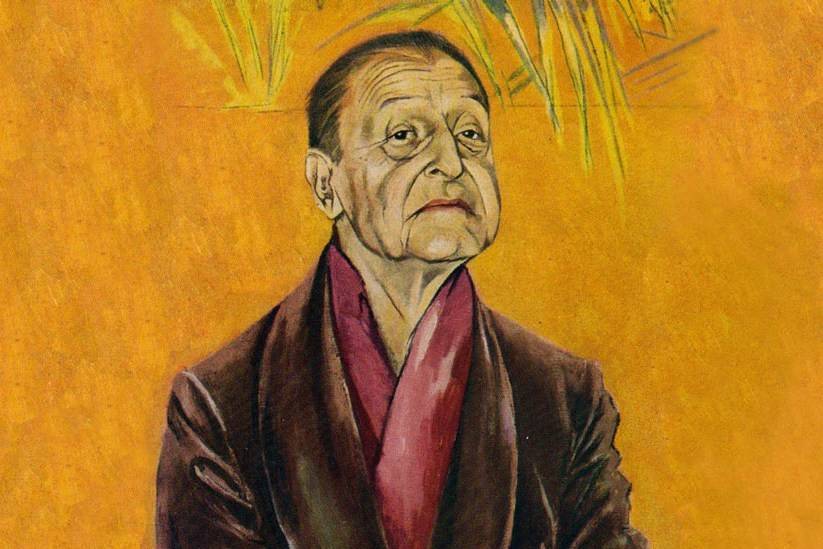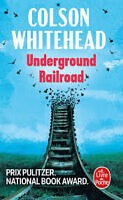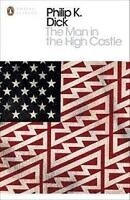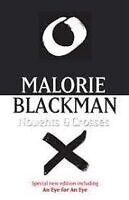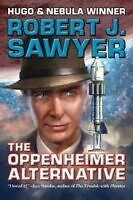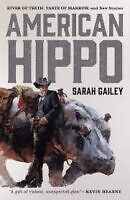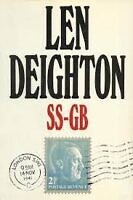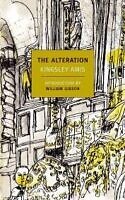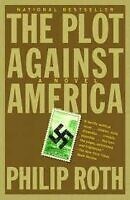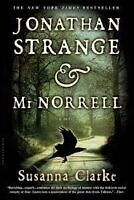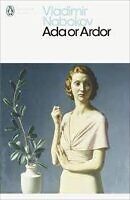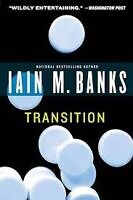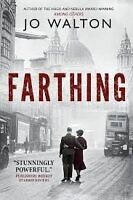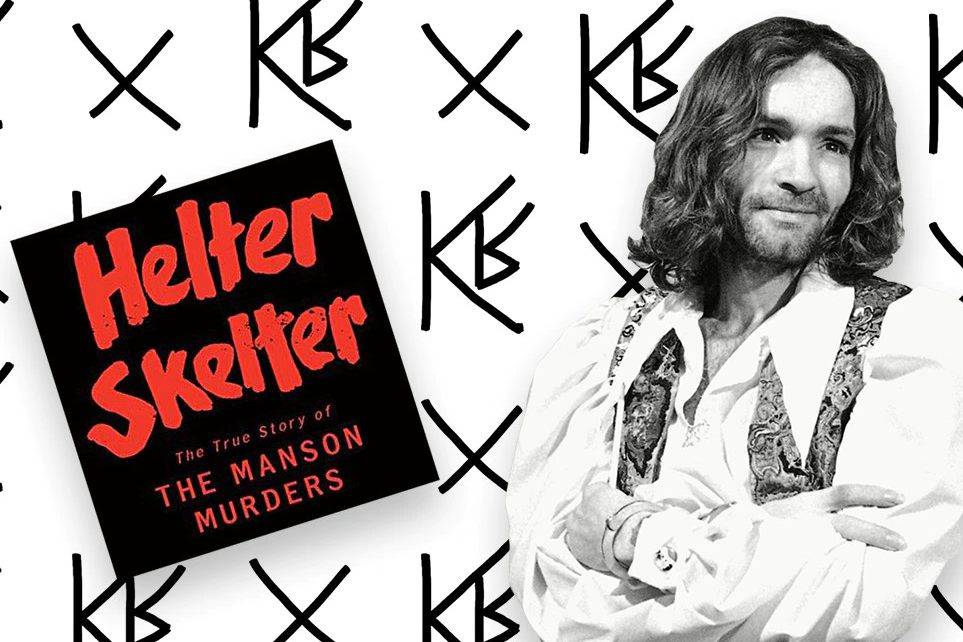11 Best Alternative History Books
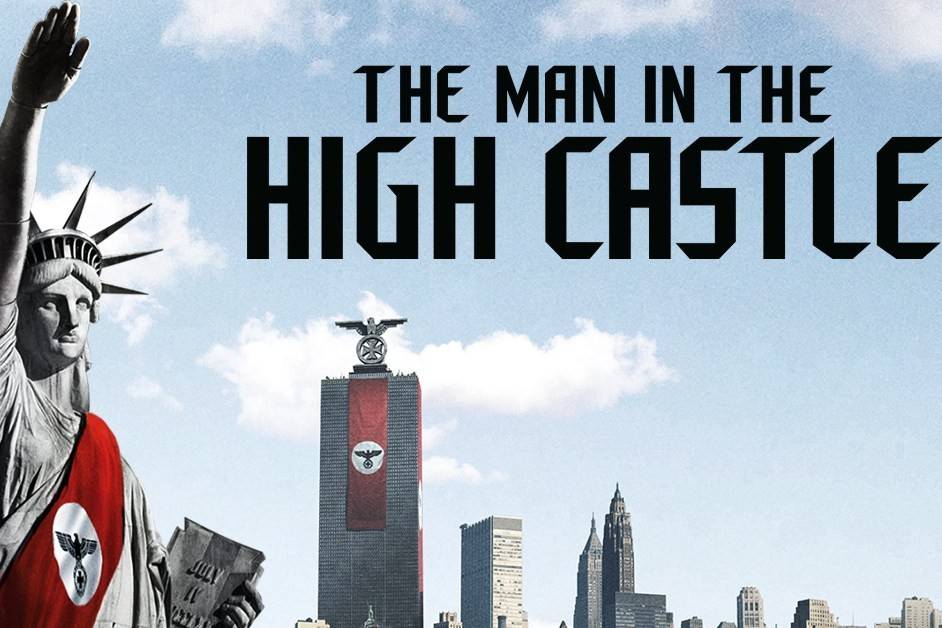 alternative history
alternative history
Alternate history is a subgenre of science fiction and historical fiction in which history has departed from the world’s true history. “What if history had developed differently?” asks alternate history fiction. Check out our recommendations for the Best Alternative History Books. Enjoy!
This post may contain affiliate links that earn us a commission at no extra cost to you.
11 Best Alternative History Books
The Underground Railroad by Colson Whitehead
The Underground Railroad is the story of Cora, a 15-year-old slave who escapes from a plantation in Georgia. Life is hell for all the slaves, but especially bad for Cora; an outcast even among her fellow Africans, she is coming into womanhood—where even greater pain awaits. When Caesar, a recent arrival from Virginia, tells her about the Underground Railroad, they decide to take a terrifying risk and escape.
In Whitehead’s ingenious conception, the Underground Railroad is no mere metaphor—engineers and conductors operate a secret network of tracks and tunnels beneath the Southern soil. Cora embarks on a harrowing flight, state by state, seeking true freedom. Winner of the 2017 Pulitzer Prize for Fiction.
The Man in the High Castle by Philip K. Dick
In The Man In The High Castle, Philip K. Dick creates a world where Germany and Japan won World War Two and America is occupied by the their forces.
It is 1962 and the Second World War has been over for seventeen years: people have now had a chance to adjust to the new order. But it’s not been easy. The Mediterranean has been drained to make farmland, the population of Africa has virtually been wiped out and America has been divided between the Nazis and the Japanese. In the neutral buffer zone that divides the two superpowers lives the man in the high castle, the author of an underground bestseller, a work of fiction that offers an alternative theory of world history in which the Axis powers didn’t win the war.
The novel is a rallying cry for all those who dream of overthrowing the occupiers. But could it be more than that? Subtle, complex and beautifully characterized, The Man in the High Castle remains the finest alternative world novel ever written, and a work of profundity and significance.
Noughts and Crosses by Malorie Blackman
In Malorie Blackman’s groundbreaking novel, the population is divided into two: the white Noughts are second-class citizens, and the black Crosses are highly-revered and perceived as the superior race. 15-year-old Callum is a Nought, and his best friend, Sephy, as well as being a Cross, is also the daughter of one of the most influential politicians in the country.
The story focuses on their relationship, which is frowned upon by society, and explores the discrimination they encounter at every turn. By reversing traditional racial stereotypes and presenting the White population as the oppressed race, Blackman has cleverly shown racial prejudice from a different perspective.
As well as being a compelling tale of love and friendship, this is an outstanding and thought-provoking exploration of the futility of prejudice. A contemporary classic.
The Oppenheimer Alternative by Robert J. Sawyer
“Now I am become death, the destroyer of worlds,” physicist J. Robert Oppenheimer famously exclaimed when the first atomic bomb exploded in 1945. His Manhattan Project gathered the greatest scientists ever assembled, including Richard Feynman, Edward Teller, Leo Szilard, and Enrico Fermi.
In his novel, Oppenheimer keeps those geniuses together after the war — joined by Albert Einstein, computing pioneer John von Neumann, and rocket designer Wernher von Braun — in hopes of saving our planet from an environmental catastrophe. If they succeed, they will be able to declare, “Now we are become life, the saviors of the world.”
American Hippo by Sarah Gailey
Years ago, in an America that never was, the United States government introduced herds of hippos to the marshlands of Louisiana to be bred and slaughtered as an alternative meat source. This plan failed to take into account some key facts about hippos: they are savage, they are fast, and their jaws can snap a man in two.
By the 1890s, the vast bayou that was once America’s greatest waterway belongs to feral hippos, and Winslow Houndstooth has been contracted to take it back. To do so, he will gather a crew of the damnedest cons, outlaws, and assassins to ever ride a hippo. American Hippo is the story of their fortunes, their failures, and his revenge.
SS-GB by Len Deighton
In February 1941 British Command surrendered to the Nazis. Churchill has been executed, the King is in the Tower and the SS are in Whitehall…
For nine months Britain has been occupied – a blitzed, depressed and dingy country. However, it’s ‘business as usual’ at Scotland Yard run by the SS when Detective Inspector Archer is assigned to a routine murder case. Life must go on.
But when SS Standartenfuhrer Huth arrives from Berlin with orders from the great Himmler himself to supervise the investigation, the resourceful Archer finds himself caught up in a high level, all action, espionage battle.
The Alteration by Kingsley Amis
In Kingsley Amis’s virtuoso foray into virtual history it is 1976, but the modern world is a medieval relic, frozen in intellectual and spiritual time ever since Martin Luther was promoted to pope back in the sixteenth century. Stephen the Third, the king of England, has just died, and Mass (Mozart’s second requiem) is about to be sung to lay him to rest.
In the choir is our hero, Hubert Anvil, an extremely ordinary ten-year-old boy with a faultless voice. In the audience is a select group of experts whose job is to determine whether that faultless voice should be preserved by performing a certain operation. Art, after all, is worth any sacrifice.
The Plot Against America by Philip Roth
The Plot Against America is a masterwork of alternative history, in which Charles Lindbergh, the aviation hero and Nazi sympathizer, is elected President in 1940, leading to the widespread persecution of Jews in the United States. Composed as if it were an autobiographical tale, written by the adult Philip Roth about the child Philip Roth and his family and set in Newark’s Weequahic neighborhood, where the novelist was, in fact from.
Soon after Lindbergh takes office, federal policies are implemented to disperse Jews from urban communities and into the American “heartland,” and, in turn, to move non-Jews into Jewish neighborhoods.
Though the novel’s overarching drama is the national and international crisis that Roth imagines, its specifics are intimate. Roth revisits his Newark childhood in loving and meticulous detail, and shows how, unbeknownst to a child who has the good fortune to be raised in peace and freedom, so much of daily life depends invisibly but decisively on politics.
Jonathan Strange & Mr. Norrell by Susanna Clarke
It’s 1808 and that Napoleon is battering the English army and navy. Enter Mr. Norrell, a fusty but ambitious scholar from the Yorkshire countryside and the first practical magician in hundreds of years. What better way to demonstrate his revival of British magic than to change the course of the Napoleonic wars?
Susanna Clarke’s ingenious first novel, Jonathan Strange & Mr. Norrell, is a fantastic comedy of manners, complete with elaborate false footnotes, occasional period spellings, and a dense, lively mythology teeming beneath the narrative.
Mr. Norrell moves to London to establish his influence in government circles, devising such powerful illusions as an 11-day blockade of French ports by English ships fabricated from rainwater. But however skillful his magic, his vanity provides an Achilles heel, and the differing ambitions of his more glamorous apprentice, Jonathan Strange, threaten to topple all that Mr. Norrell has achieved.
Ada, or Ardor: A Family Chronicle by Vladimir Nabokov
Published two weeks after his seventieth birthday, Ada, or Ardor is one of Nabokov’s greatest masterpieces, the glorious culmination of his career as a novelist. It tells a love story troubled by incest. But more: it is also at once a fairy tale, epic, philosophical treatise on the nature of time, parody of the history of the novel, and erotic catalogue. Ada, or Ardor is no less than the supreme work of an imagination at white heat.
Transition by Iain M. Banks
Space travel is possible in our multiverse, but not by space ships. Transitioning, a transfer of the consciousness and purpose of one individual into the body and mind of another real person existing in another place, another time, another parallel dimension or world. This transition is achieved by trained operatives using a special drug Septus.
Temudjin Oh, an assassin, sitting at a cafe table in an unidentified city at an unspecified modern period is summoned to a meeting by his employer, takes his septus pill, and is immediately transitioned to a version of contemporary Paris. After his meeting, he takes more septus and flits to another identity in a slightly different Paris. All the transitioning of the novel, and a lot of it occurs, takes place between different worlds like Earth, because it is not possible to move to a totally unrecognizable environment, one that you cannot imagine.
Farthing by Jo Walton
Eight years after they overthrew Churchill and led Britain into a separate peace with Hitler, the upper-crust families of the “Farthing set” are gathered for a weekend retreat. Among them is estranged Farthing scion Lucy Kahn, who can’t understand why her and her husband David’s presence was so forcefully requested. Then the country-house idyll is interrupted when the eminent Sir James Thirkie is found murdered—with a yellow Star of David pinned to his chest.
Lucy begins to realize that her Jewish husband is about to be framed for the crime—an outcome that would be convenient for altogether too many of the various political machinations underway in Parliament in the coming week. But whoever’s behind the murder, and the frame-up, didn’t reckon on the principal investigator from Scotland Yard being a man with very private reasons for sympathizing with outcasts and underdogs—and prone to look beyond the obvious as a result.
As the trap slowly shuts on Lucy and David, they begin to see a way out—a way fraught with peril in a darkening world.
If you enjoyed our alternative history recommendations, check out our Historical Fiction Reading List



